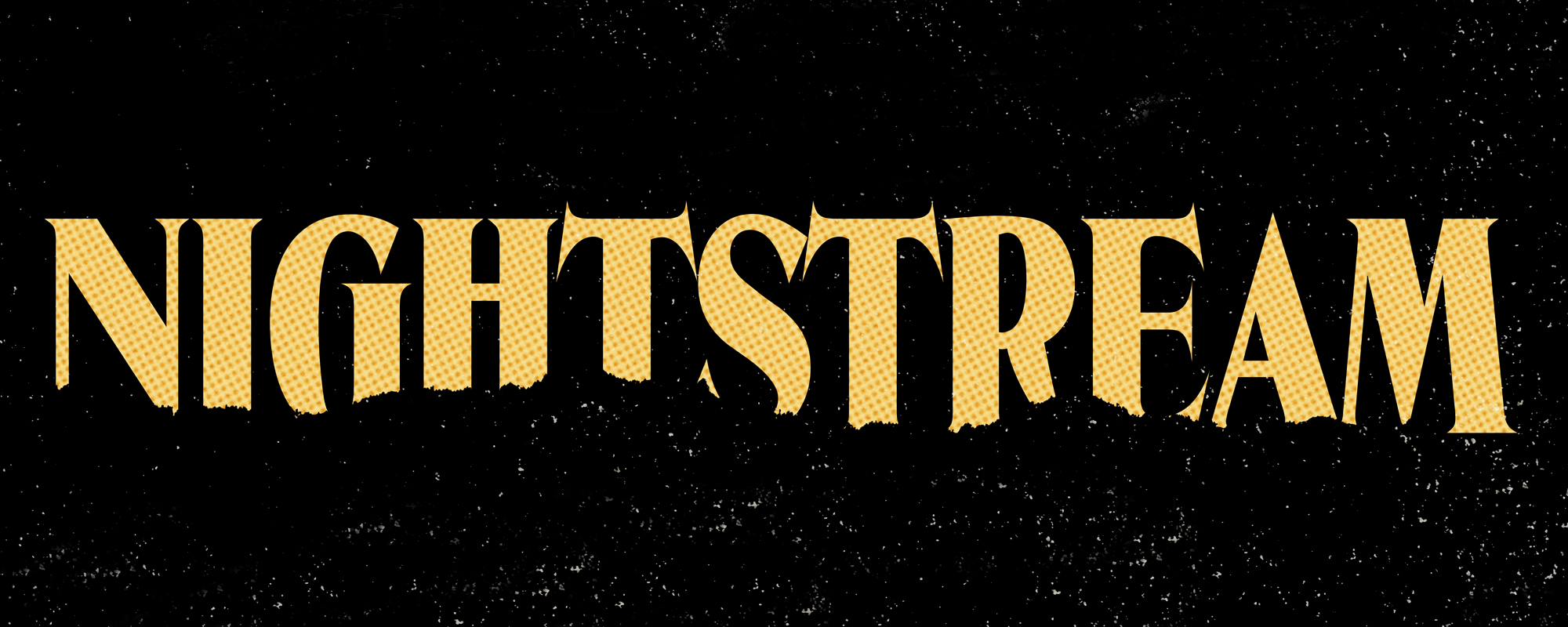

Few things are more frightening than not being able to trust your own perception of reality. Here at Cinepunx and Horror Business, films that deal with mental illness, such as The Swerve, Jacob’s Ladder, and They Look Like People, are held in high regard and we understand that dealing with such issues may turn daily life into a living hell. That’s why I was immediately interested in checking out Amelia Moses’ Bleed With Me.

Bleed With Me is a tightly focused story about three people vacationing at a cabin in the snowy Canadian mountains: Emily, her boyfriend Brendan, and her coworker Rowan, a young woman as shy and reserved as Emily is bubbly and outgoing. Rowan is infatuated with Emily and envies her life: her perfect job, perfect family, perfect boyfriend. And Emily, by all outward appearances, thinks the world of Rowan. However, as the film progresses, Rowan begins to suspect that Emily is stealing her blood as she sleeps. The film never really commits one way or another on the reality of what Rowan is experiencing, but I don’t think that’s really necessary for it to do in order to be enjoyed.

The awkwardness of this film comes mostly from Brendan and Emily not really knowing how to help Rowan. They’re clearly uncomfortable with how she’s acting but an adherence to the social contract is keeping them from saying, “get the fuck out of here.” Rowan, for her part, seems terrified at her increasing inability to determine what is real and what is not, and as the film progresses the lines blur further and further until we are as unsure as Rowan as to what is real. Like many films that deal with mental illness in the genre, the horror of Bleed With Me springs from the concept of being a stranger to yourself and not being able to trust yourself. There are no supernatural baddies in this film threatening the characters, no masked slashers lurking in the shadows. There is just an inner maelstrom of paranoia and anxiety.

The acting in this film cannot be commended enough. Lee Marshall as Rowan brings a shy vulnerability to the character that immediately demands empathy from the viewer. Marshall plays Rowan as an outsider desperate for friendship, someone with a quiet need for acceptance and a fear of rejection. This makes everything she experiences over the course of the film that much more painful to witness. Lauren Beatty and Aris Tyros, as Emily and Brendan, are excellent as a couple that has settled into a routine that is almost too routine, and there are subtle hints that maybe things have gotten too comfortable. Again, both of them seem to genuinely care for Rowan’s well-being, but this legitimate concern makes the second half of the film all the more unnerving as Rowan begins to fall to pieces. When she’s being seen from Rowan’s point of view, Beatty does an amazing job at times of shifting Emily into a slightly menacing character if the light is right and really putting the viewer in Rowan’s shoes.

The film’s depiction of mental illness is absolutely harrowing. There’s a scene where Rowan wakes up believing that Emily is in the process of stealing her blood that is one of the most realistic depictions I’ve seen in a film of that dreamy, half-awake state that we sometimes find ourselves in when we first wake up. Everything is slightly out of focus, and Emily’s features are blurred just enough to be slightly grotesque as Rowan watches helplessly while she does whatever she’s doing. This blurring of the lines visually drives the point home that we have arrived at a point where Rowan has become an unreliable narrator in the truest sense of the phrase. Her judgment cannot be trusted…or can it? There’s one scene in particular where Emily and Rowan are lying in bed, and Emily is telling Rowan how she’s extremely insecure about Brendan and how she thinks things are over between them, and how she admires Rowan and cares for her deeply. On the surface it’s a very intimate and tender and tender scene, but there’s this subtle sense of something being slightly off, just enough to makes question whether or not this is all in Rowan’s head.

Subdued yet surreal, Bleed With Me is a film about the quiet horror of mental illness. It’s undeniably a horror film, but in dealing with mental illness in such a stark manner it becomes a deeply melancholy film as well. The film is just as sad as it is frightening, and that succinct blend of emotion is what puts this film over the top.




